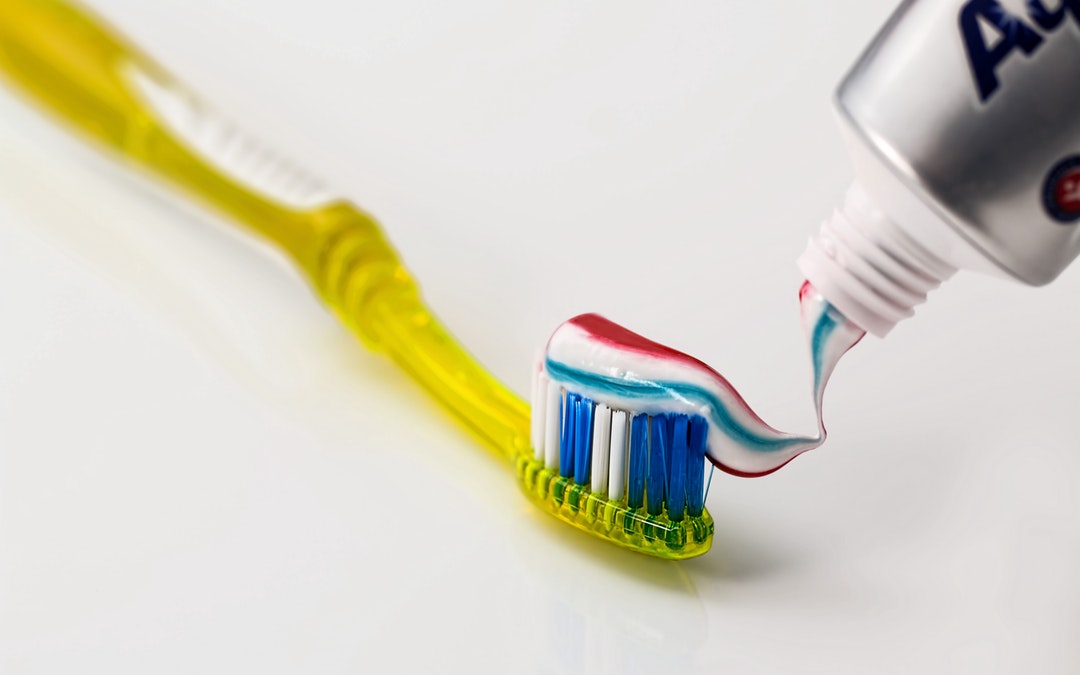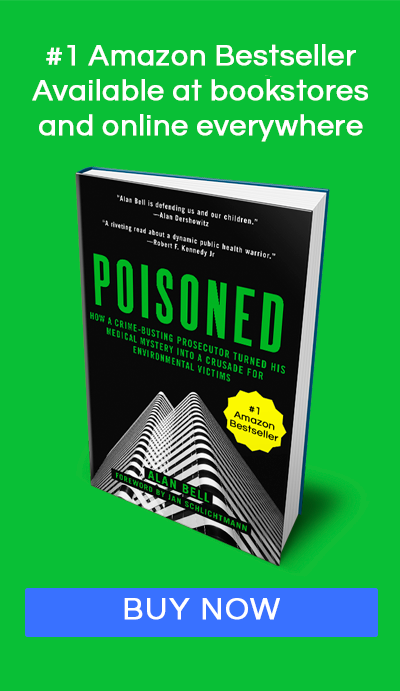“We really have abundant evidence that toxic chemicals cause diseases in children. We know that air pollution causes asthma and other respiratory diseases. We know that these chemicals cause loss in IQ shortened attention spans, and behavioral problems, all of which plays out in school and in the workplace as they get older.”
— Philip Lanrigan, M.D., Mount Sinai Medical Center, N.Y, N. Y
You could take a hundred people, pump them full of toxic chemicals, follow them for twenty years, and discover that each of them will acquire a different disease (or none at all), depending on each person’s genetic predisposition. One easy example: a husband smokes three packs a day and never becomes ill, but his wife develops lung cancer from breathing in his secondhand smoke.
There has been a lot of news surrounding Triclosan, an antimicrobial chemical, lately. When studied by the Center for Disease Control, most Americans were found to have it in their system, and it affects hormones, liver toxicity, and increases sensitivity to allergens.
It was recently banned from antibacterial hand soaps, but it still may be in other personal care products. Specifically, Colgate Total Toothpaste still includes it as an ingredient.
Toxic chemicals adversely affect human health—chemicals that we often assume to be safe, but are not.
Symptoms are triggered by exposure to toxic chemicals and we are all exposed to the same toxic chemicals. We’re surrounded by them on a daily basis in our homes, schools, workplaces, and neighborhoods.
While you can certainly ready labels on personal care products, you may need to do more research to find out if Triclosan is used in your cutting board, at a local playground, or in your bathtub. The EWG lists various locations for Triclosan here.
Most personal care products, particularly those with synthetic fragrances, contain toxic chemicals.
Read labels and avoid products that include the following:
- Triclosan
- DMDM hydantonin
- Imidsazolidinyl urea
- Methylchloroisothiazolinone
- Words ending in “paraben”
- Triclocarban
- Triethanolamine (TEA)


